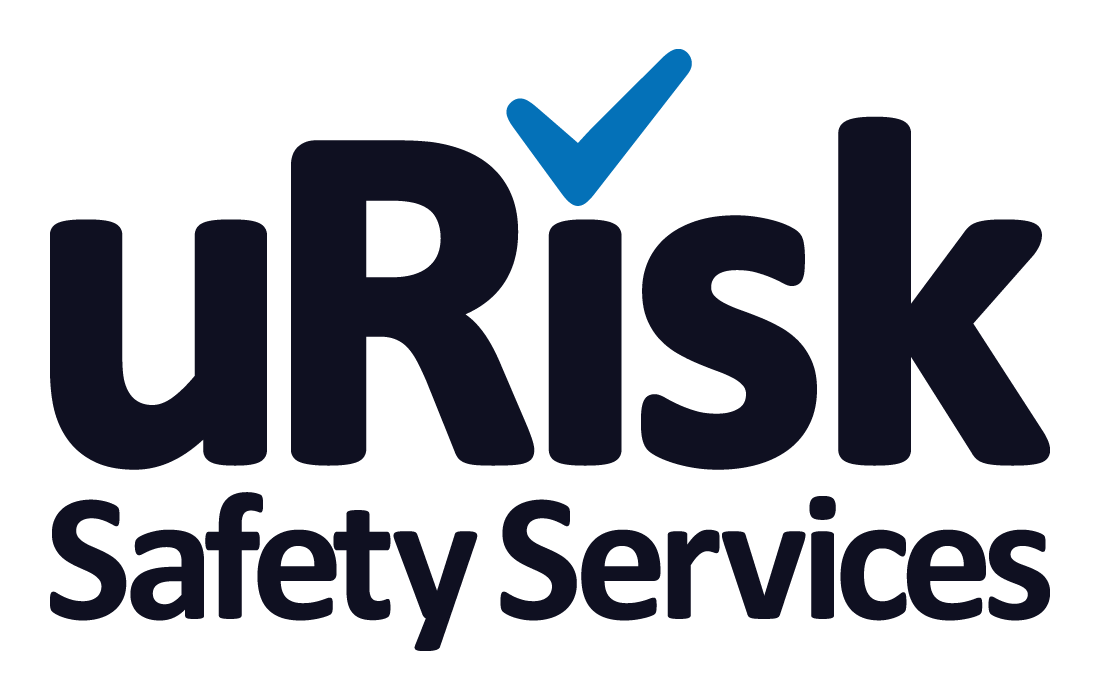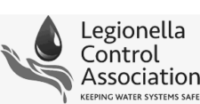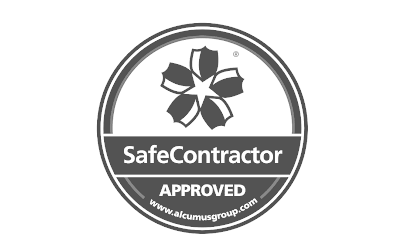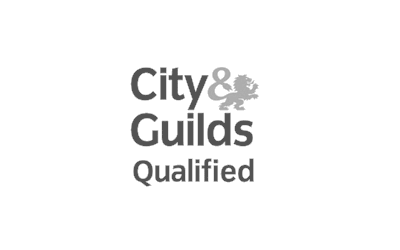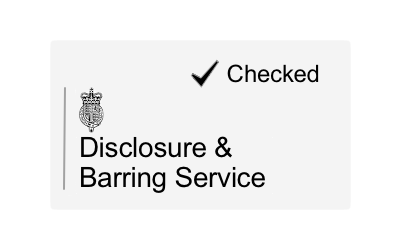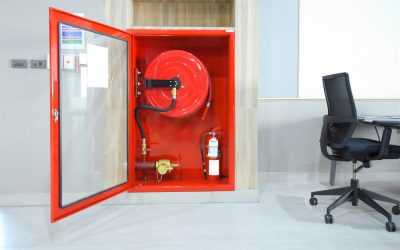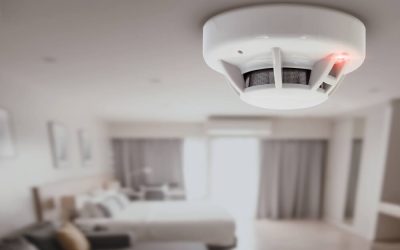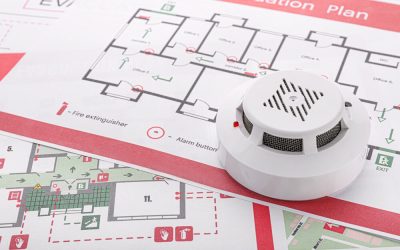Why You Need a Veterinary Practice Legionella Risk Assessment
In your veterinary practice, the health and safety of your clients is as important as the health and safety of their animals. And a key part of your health and safety planning is to ensure your water system is clear of legionella bacteria. Therefore, a veterinary practice legionella risk assessment is a vital element of your health and safety strategy.
Why is a legionella risk assessment necessary?
Legionella is a naturally occuring bacteria, but in nature they are found in relatively low numbers and it is unlikely that conditions would be right for people to become infected. However, in man made water systems, the risk from legionella is far greater. If areas of the water system are allowed to stagnate, and the water temperature is between 20oC and 45oC, conditions will be optimum for the bacteria to thrive. There is then a risk that when you turn on the tap or the shower that bacteria will be carried in the tiny aerosol droplets that are caused by splashes and be accidentally inhaled. Once in the lungs of a human, it could go on to develop into Legionnaires’ disease, a potentially deadly type of pneumonia. We suggest using a legionella thermometer to manage and measure water temperature.
A veterinary practice is used by people from all walks of life and who are at different stages of life, many of whom will be at greater risk of developing Legionnaires’ if they become infected with legionella. Those most at risk are the elderly, although it’s worth noting that once you’re over the age of 45 you become vulnerable. Other at risk groups include smokers, heavy drinkers, and people with an impaired immune system, particularly those with chronic respiratory conditions.
Health and safety in veterinary practices is therefore hugely important in helping to keep human clients safe. Legionella risk assessments are an integral part of your duty of care under the Health and Safety at Work etc Act 1974.
Veterinary dental unit water lines
One particular piece of equipment you may have in your veterinary practice that needs particular attention is the Dental Unit Waterlines (DUWLs). If not cleaned and maintained properly, DUWLs can provide the ideal conditions for the growth of bacteria, including legionella. The nature of the equipment also means there is an effective route for legionella to enter the lungs, via the tiny aerosol droplets created by the spray. While any legionella bacteria in that water may not pose a health risk to your animal patients, they still pose a risk to humans, i.e. you and your staff.
Veterinary practice legionella risk assessments
If you would like more information about legionella risk assessments or testing and water analysis, get in touch to find out how we can help you. If you or anyone in your practice would like to find out more about legionella and your responsibilities when it comes to the control and management of the bacteria, sign up for our online Legionella Awareness Training Course for only £35 + VAT.
Legionella and Water Hygiene Blog Posts
Office Fire Risk Assessment
As you would expect, keeping your office safe from the risk of fire is a legal requirement under the Regulatory Reform (Fire Safety) Order 2005. If you are the owner or manager of a business, or landlord of an office building, it is your responsibility to ensure your...
Fire Risk Assessment For Flats
Your legal requirements as a landlord include taking precautions to keep your tenants safe, including when it comes to the risk of fire in flats. As part of the fire safety regulations, fire risk assessments for flats is therefore part of your legal obligation to...
Getting A Risk Assessment For Fire in the UK
As an employer, landlord or facilities manager, it is your legal responsibility to keep everyone who uses your premises safe. A fire risk assessment is an important part of this because it identifies what might cause a fire so you can take steps to prevent one, as...
